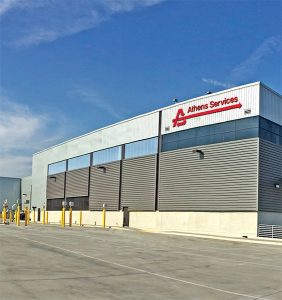 If one’s man’s trash is another man’s treasure, then Athens Services’ MRF is the other man.
If one’s man’s trash is another man’s treasure, then Athens Services’ MRF is the other man.

 Associate Editor Jared Paben has worked for Resource Recycling since December 2014. Most of his earlier career was spent as a reporter for the daily newspaper in Bellingham, Wash., but he also has experience working for the Oregon volunteerism commission and for Oregon nonprofits serving low-income populations. He can be contacted at [email protected].
Associate Editor Jared Paben has worked for Resource Recycling since December 2014. Most of his earlier career was spent as a reporter for the daily newspaper in Bellingham, Wash., but he also has experience working for the Oregon volunteerism commission and for Oregon nonprofits serving low-income populations. He can be contacted at [email protected]. If one’s man’s trash is another man’s treasure, then Athens Services’ MRF is the other man.
If one’s man’s trash is another man’s treasure, then Athens Services’ MRF is the other man.
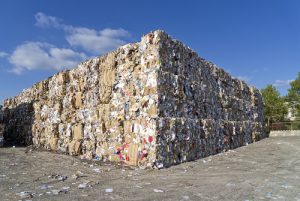 For North America’s largest haulers, recycling pleasure has given way to pain. After enjoying big returns from higher commodity prices in the first quarter, three recycling giants noted tumbling fiber prices in April.
For North America’s largest haulers, recycling pleasure has given way to pain. After enjoying big returns from higher commodity prices in the first quarter, three recycling giants noted tumbling fiber prices in April.
 A research firm is asking industry professionals to provide information for a broad analysis of the state of U.S. materials recovery.
A research firm is asking industry professionals to provide information for a broad analysis of the state of U.S. materials recovery.
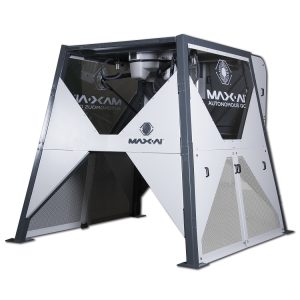 In the not-too-distant future, artificial intelligence may see and control all that’s happening in a recycling facility. But first, it’s going to do some work on a quality control line.
In the not-too-distant future, artificial intelligence may see and control all that’s happening in a recycling facility. But first, it’s going to do some work on a quality control line.
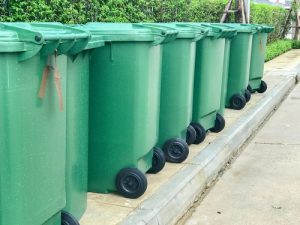 Over the past three years, nonprofit group The Recycling Partnership has helped deploy 400,000 recycling carts to communities across the U.S.
Over the past three years, nonprofit group The Recycling Partnership has helped deploy 400,000 recycling carts to communities across the U.S.
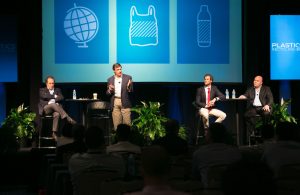 Together, they provide museum tours, child health and education centers and adult financial literacy classes. Continue Reading
Together, they provide museum tours, child health and education centers and adult financial literacy classes. Continue Reading
California lawmakers have approved a bill allowing MRF operators and recycling companies to receive tax exemptions for equipment purchases. Continue Reading
 One of the world’s largest used beverage can recycling facilities has gotten even larger and is now capable of recovering 20 percent of all aluminum cans sold in the U.S.
One of the world’s largest used beverage can recycling facilities has gotten even larger and is now capable of recovering 20 percent of all aluminum cans sold in the U.S.
Offices will generate more recyclable materials and less contamination if each employee is given a large recycling bin and small garbage can, according to a study.
The National Recycling Coalition’s recently elected president sees the recycling industry facing challenges in two major ways: false accusations and challenging markets.
